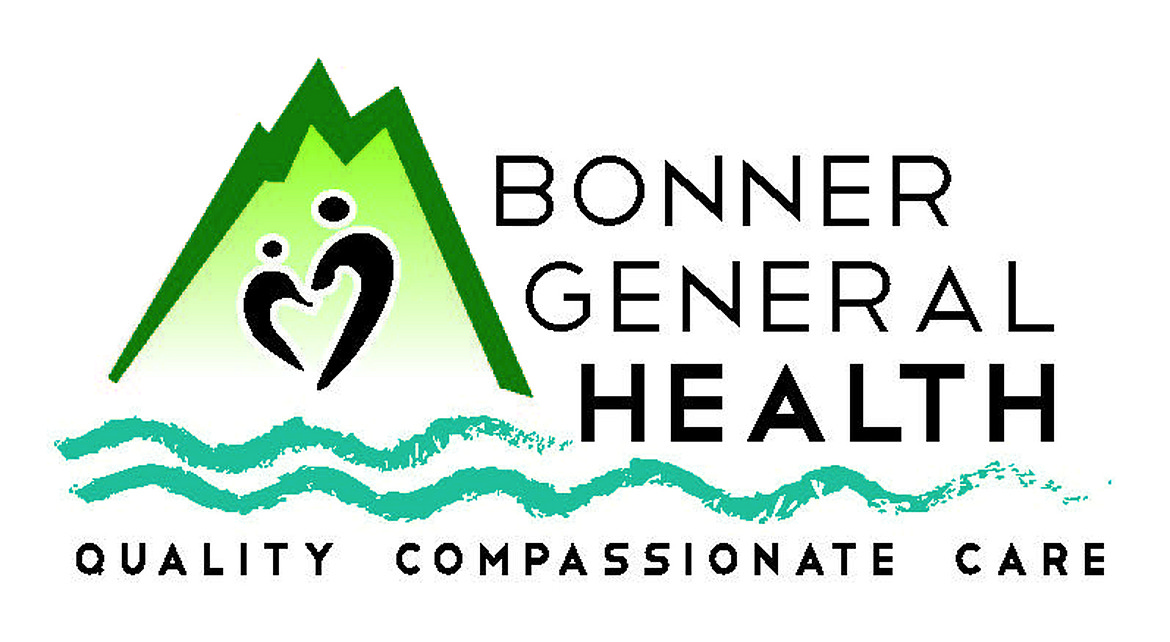February is Prenatal Infection Protection Month
KATHY HUBBARD Contributing Writer | Bonner County Daily Bee | UPDATED 4 years, 10 months AGO
It’s said that an ounce of prevention is worth a pound of cure. Today’s subject is how to prevent prenatal infections. The steps a will-be mother can take to safeguard her fetus are relatively simple; it’s simply knowing what to do.
Of course, your best resource is your OB/GYN, and having that relationship whenever possible should start before you get pregnant. Sandpoint Women’s Health is accepting new patients, and appointments can be made by calling 208-263-2173 or by going online to www.bonnergeneral.org and clicking on the Sandpoint Women’s Health button under Services & Clinics.
We all remember the Zika virus outbreak a few years ago and the babies born with microcephaly. Microcephaly is a birth defect where the baby’s head and brain are smaller than babies of the same age and sex. The Zika virus also caused other severe brain defects.
Although there currently aren’t any Zika outbreaks, you and your partner should avoid getting bit by mosquitos before and during pregnancy. Be sure to check the insect repellant label to make sure it’s safe for pregnant women. And, Google Zika before you travel outside the country.
How many times have we heard that we should frequently wash our hands? Well, do it. Bacteria and viruses that do not affect healthy people can cause problems for your unborn child. Wash your hands after using the toilet; touching raw meat, raw eggs, or unwashed vegetables; touching soil or dirt in your garden; handling pets; being around someone who is ill; getting saliva on your hands; handling children, particularly after changing diapers.
The CDC explains why you should reduce contact with the saliva and urine from babies and young children: “A common virus called cytomegalovirus (CMV) can cause problems for some babies including microcephaly and hearing loss.”
Besides staying away from pee and spit, don’t share food or utensils with babies and young children. “These actions can’t eliminate your risk of getting CMV but may lessen your chances of getting it,” CDC says.
Dirty cat litter can contain a harmful parasite that causes toxoplasmosis. Let someone else handle the cleanup chore. You might not have any symptoms, and most infants don’t have symptoms at birth but can develop serious ones later in life. CDC says that “occasionally, infected newborns have serious eye or brain damage at birth.”
While someone else is cleaning the cat box, let them also take care of any pet rodents you might have around the house, like hamsters and guinea pigs. Some rodents carry a harmful virus called lymphocytic choriomeningitis virus (LCMV).
Women who become infected with LCMV may pass it on to the fetus. “Infections occurring during the first trimester may result in fetal death and pregnancy termination, while in the second and third trimesters, birth defects can develop.” These defects include vision problems, mental retardation, and hydrocephaly (water on the brain).
Pregnant women should avoid unpasteurized milk and foods made from it. These foods include soft cheese like feta, brie, and queso fresco. Unless the label says it’s pasteurized, please don’t eat it because it can cause listeria.
The Mayo Clinic explains: “During pregnancy, a listeria infection is likely to cause only mild signs and symptoms in the mother. The consequences for the baby, however, can be devastating. The baby can die in the womb or have a life-threatening infection within a few days of being born.”
Before you get pregnant or certainly shortly after discovering you’re pregnant, you should get tested for sexually transmitted diseases such as HIV and hepatitis B. Talk to your OB/GYN about vaccinations. Some are recommended before you get pregnant, some during pregnancy, and some directly after delivery.
You should be tested for group B strep around the 36 or 37 weeks of pregnancy (GBS). It’s a simple swab of the vagina and rectum; it doesn’t hurt. If you test positive, you’ll probably be given an antibiotic while delivering to ensure you don’t pass it on to your infant. GBS is serious. It’s the number one cause of meningitis and sepsis in a newborn’s first seven days.
And, finally, this may sound like a duh moment, but stay away from people who are sick. Keep yourself and your baby safe.
Kathy Hubbard is a member of Bonner General Health Foundation Advisory Council. She can be reached at [email protected].



